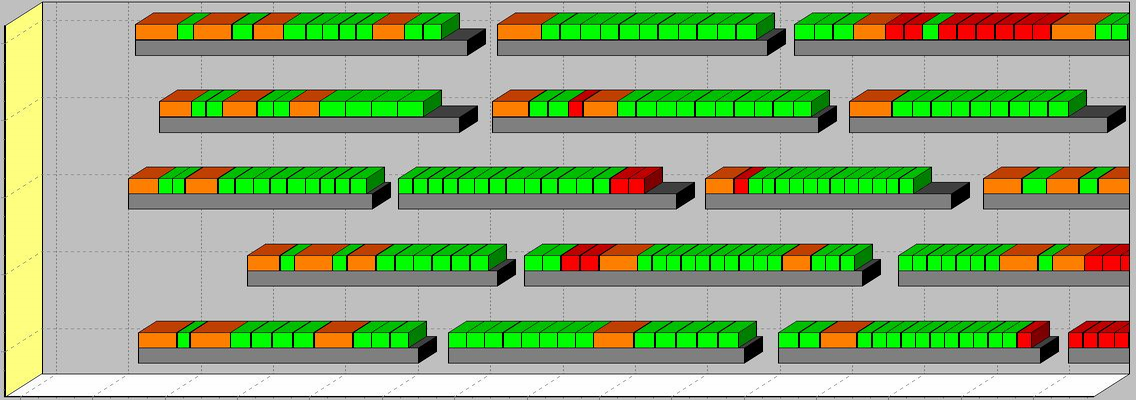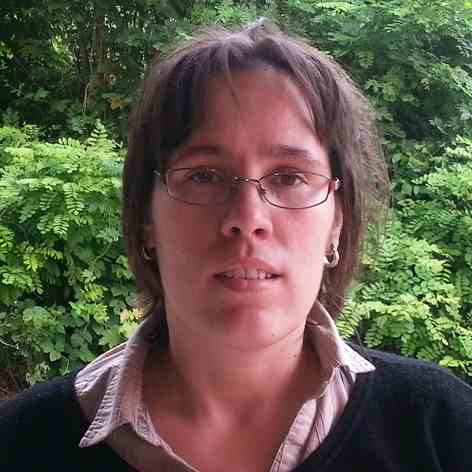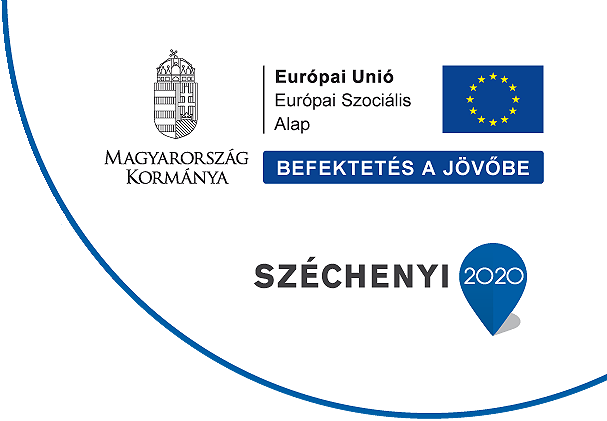Course Overview
Nowadays, the majority of manufacturing companies are forced to directly serve their customers' needs. Their production policy should be continuously and flexibly adapted to the rapid changes of market conditions in order to improve their competitiveness. This requires simultaneous improvements in manufacturing efficiency and delivery capability, while also reducing inventory levels. These requirements can be met by applying high resource utilization, low manufacturing costs, and precisely scheduled production, and furthermore by using the appropriate combination of make-to-order and make-to-stock manufacturing. In many cases, the success of a company depends on the high level satisfaction of the customers' requests on schedule. Consequently, efficient and effective solutions of long, medium and short-term scheduling problems are becoming increasingly important.
In the scheduling problem, we need to know the constraints of the given system, the limited capacities of manufacturing or service, the resource availabilities, and the job or activity characteristics and constraints. In order to solve the scheduling problems, suitable resources have to be assigned to the execution of jobs and activities, and release time and completion time have to be planned for the operations to optimize the key performance indicators of the processes without breaking any of the hard constraints. In other words, the schedule has to meet the management’s goals.
The diversity and complexity of the industrial production and service systems, as well as the variability of the market and business environments, require the revision and development of applied models and methods. In practice, we usually cannot apply exact solving algorithms because of the large size and difficulty of the problems, so heuristic methods and knowledge-intensive solving methods are used.
The main goal of the course is to present the concept and scope of the relevant principles, models, methods and algorithms, especially modelling and solving of the scheduling problems of discrete production processes. The course also aims to improve the students' ability to model and solve problems independently.
The course does not require special prior skills. The course consists of ten lessons. The first lesson summarizes the basic concepts and the most important basic knowledge. The second lesson describes the aspects of the classification of scheduling problems. The remaining lessons present the most commonly used types of resource environments through examples. Starting with simple one-machine scheduling problems, we move towards increasingly sophisticated and complex problems. We present the main execution characteristics and constraints of the jobs that occur in the scheduling problems. Using examples we show the most important scheduling goals and their objective functions. When presenting the methods used for solving these problems, the demonstration of the practical applicability is highlighted. The course avoids the details of the mathematical proofs; therefore the lessons include references to the literature for those who wish to go into greater detail. The main goal of this course is to present the engineering approach and application-oriented knowledge which can be put into practice.
Requirements
The course does not require special prior skills.
Course Staff
Gyula KULCSÁR
PhD, Information Sciences, 2008
Information engineer (MSc), 2001
University of Miskolc, Faculty of Mechanical Engineering and Informatics, Institute of Information Science, Department of Applied Information Engineering, associate professor
Homepage: http://ait.iit.uni-miskolc.hu/~kulcsar
Email: iitkgy@uni-miskolc.hu
Mónika KULCSÁRNÉ FORRAI
Information engineer (MSc), 2001
University of Miskolc, Faculty of Mechanical Engineering and Informatics, Institute of Information Science, Department of Applied Information Engineering, assistant professor
Homepage: http://uni-miskolc.hu/~aitkfm
Email: aitkfm@uni-miskolc.hu
Péter BIKFALVI
Dr. Univ., Engineering Sciences, 1997
Electrical engineer (MSc), 1981
University of Miskolc, Faculty of Mechanical Engineering and Informatics, Institute of Information Science, Department of Applied Information Engineering, senior lecturer
Homepage: Link
Email: bikfalvi@uni-miskolc.hu
Frequently Asked Questions
Do I need to buy a textbook?
No! The course is online available and free!




